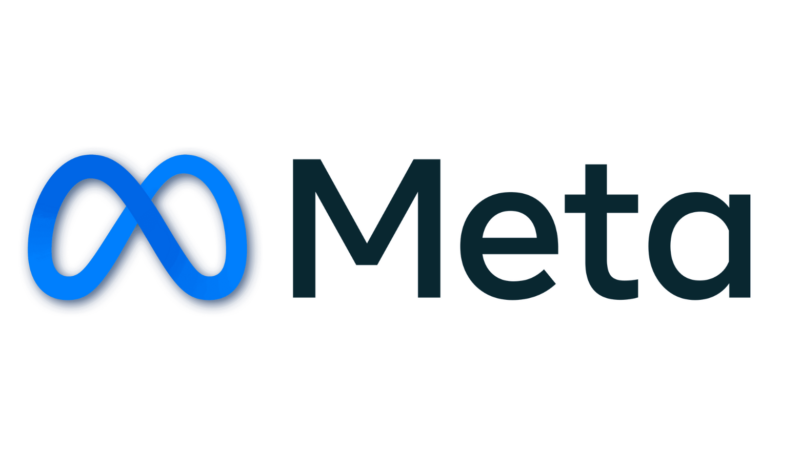Meta to fund fact-checkers for Voice referendum
Meta is increasing funding to a number of news organisations in a bid to shore up its fact-checking ahead of the Voice to Parliament Referendum.
The tech giant has announced one-off funding boosts to the Australian Associated Press, RMIT’s FactLab, and Agence France-Presse, in order to reduce the spread of false articles across Facebook, Instagram, and now Threads.


